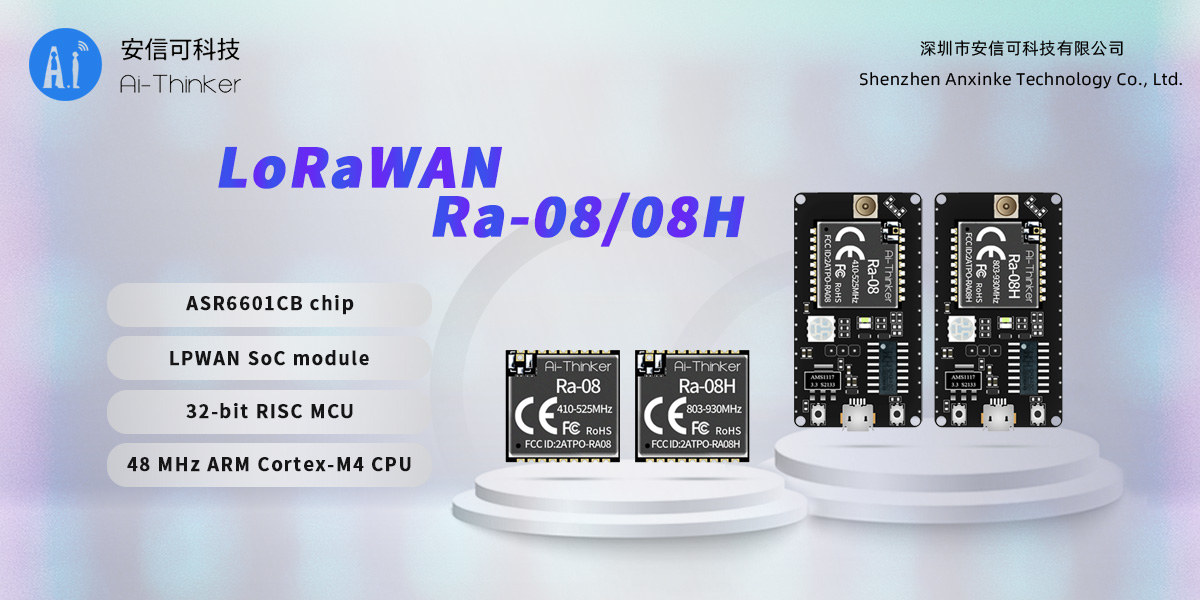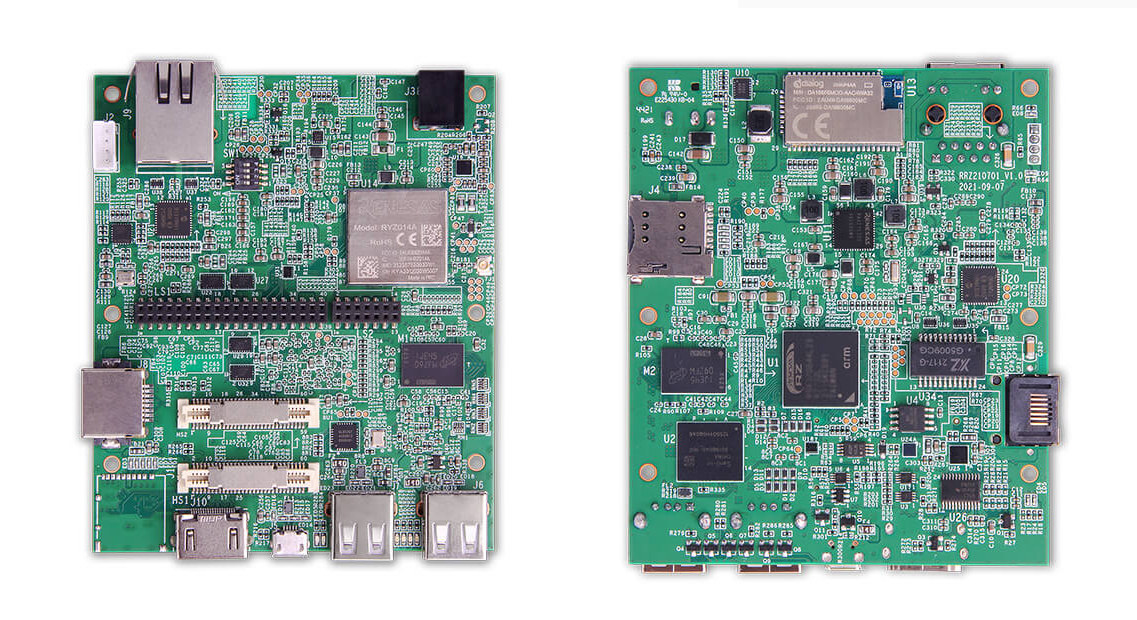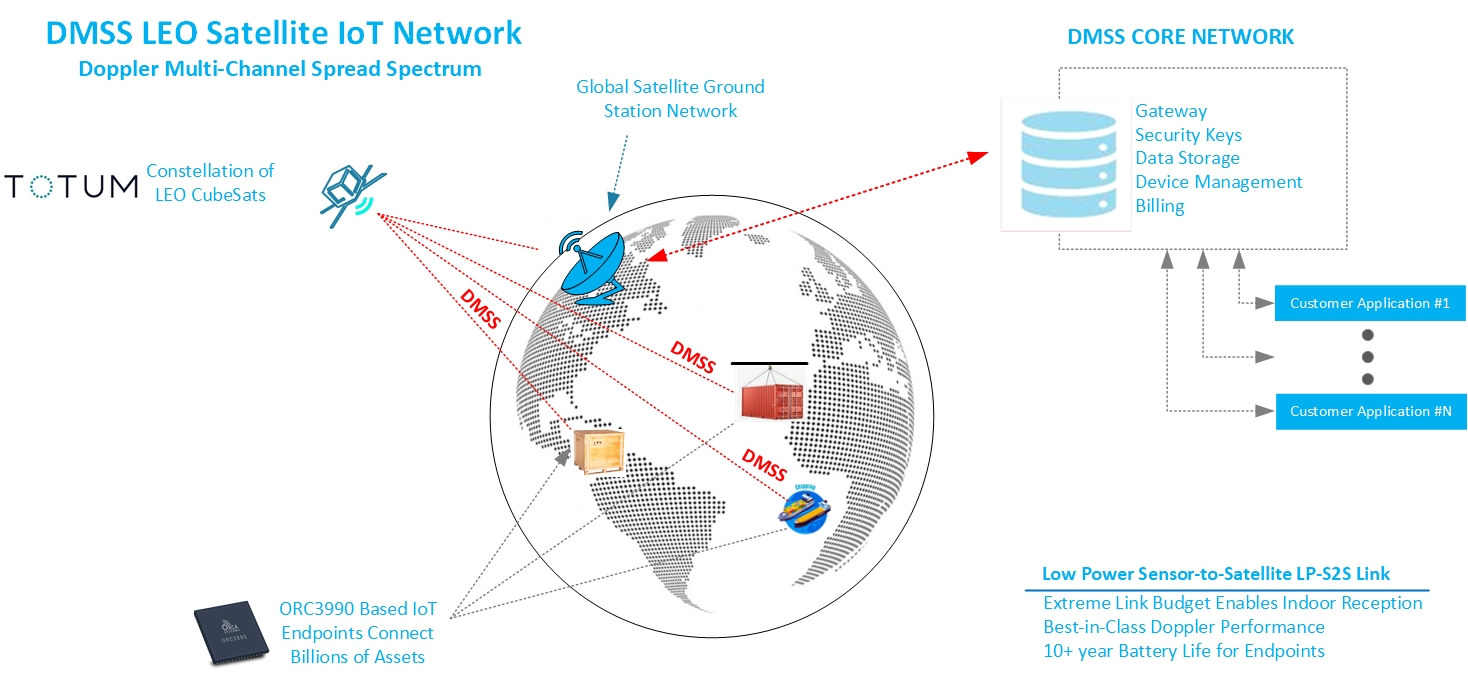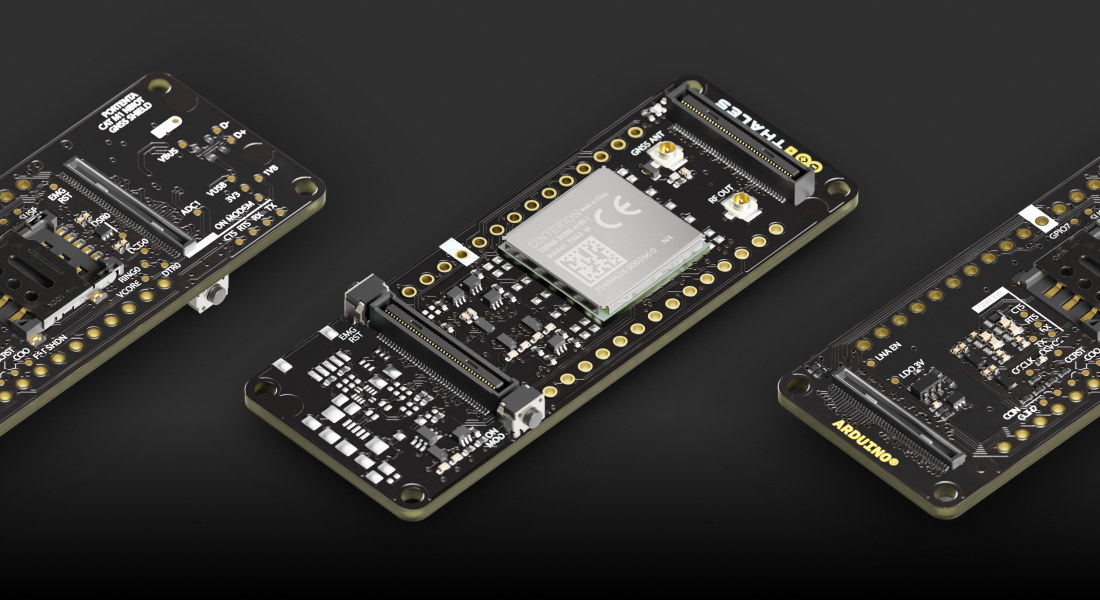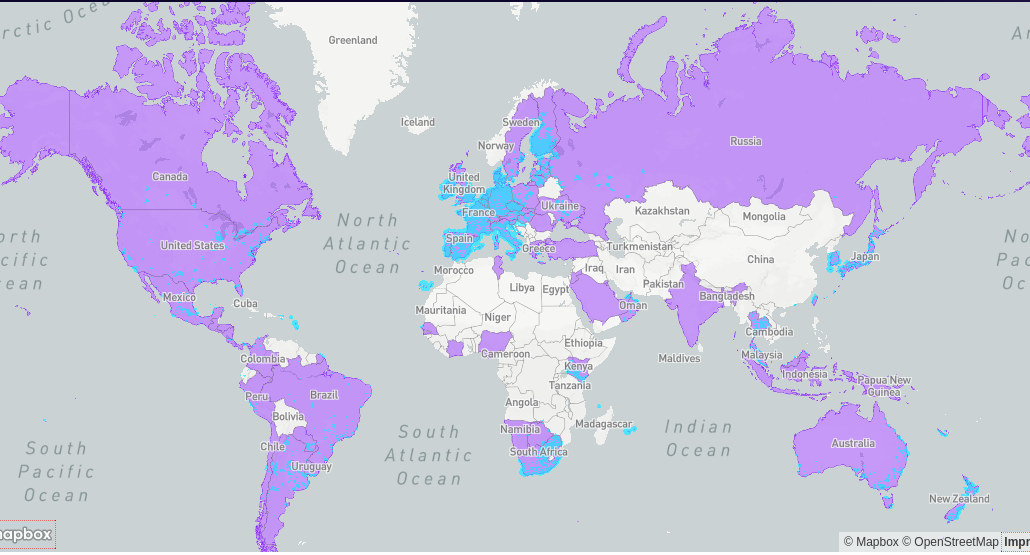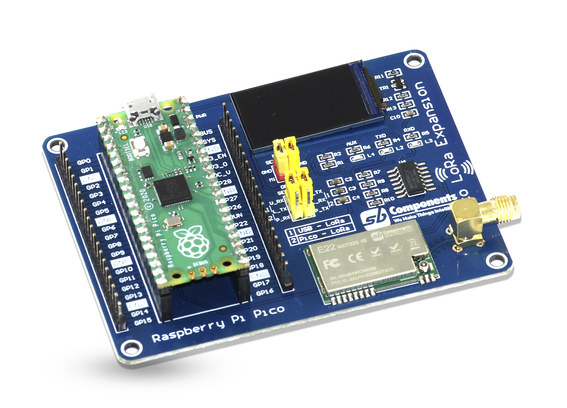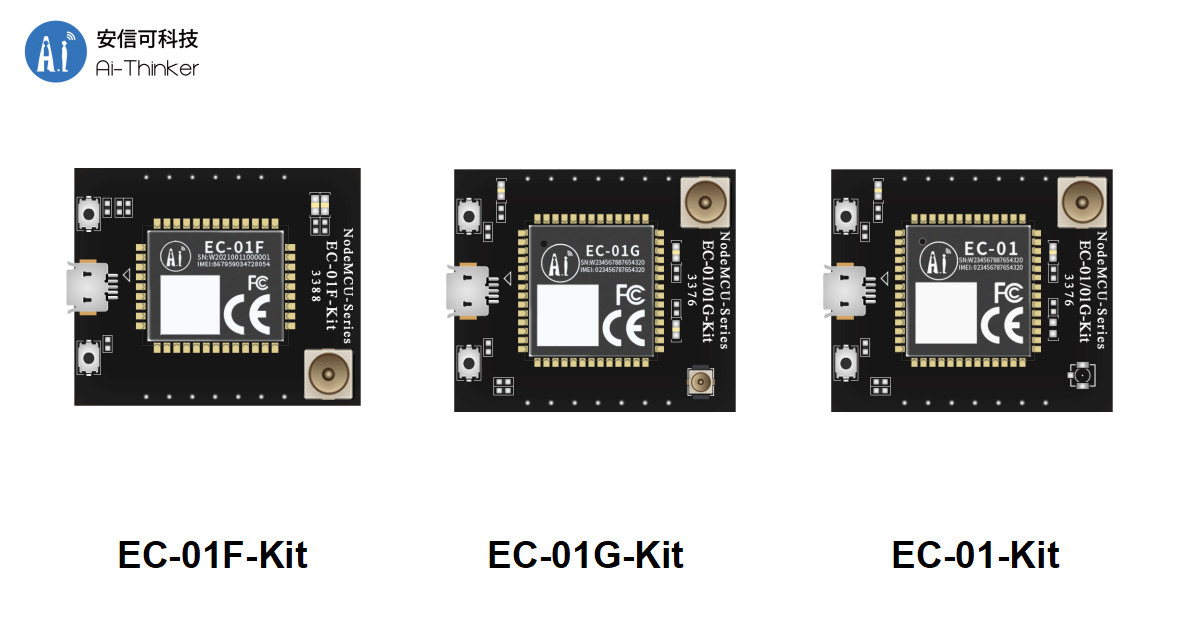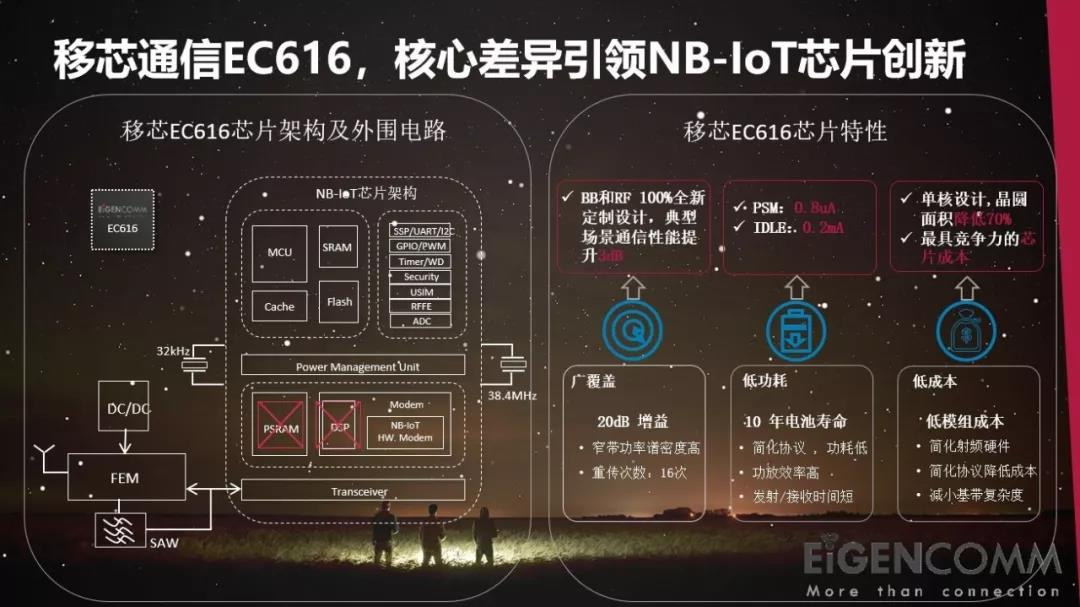Ai-Thinker Ra-08/08H are new LoRaWAN modules based on ASR Microelectronics ASR6601 module featuring a 48MHz ARM Cortex M4 microcontroller and Semtech SX1262 transceiver allowing long-range, low power communication for the Internet of Things. Both LoRaWAN modules share most of the same specifications, but the Ra-08 module operates in the 410-525MHz frequency band, while the Ra-08H module works in the widely used 803MHz to 930MHz band. Ai-Thinker also provides a development kit for each module. Ai-Thinker Ra-08/Rs-08H key features and specifications: Programmable embedded Arm Cortex-M4 MCU with 128 KB of Flash and 16 KB of SRAM LoRa radio Sensitivity – -138 dBm @ SF12/125KHz Tx power – Up to +22dBm Frequencies Ra-08 – 410 MHz to 525 MHz Ra-07H – 803 MHz to 930 MHz Spread spectrum factor – SF5, SF6, SF7, SF8, SF9, SF10, SF11, SF12 LoRa, (G)FSK, BPSK, and (G)MSK modulation Bit rate up to 62.5 Kbps in LoRa […]
Renesas RZ/G2L or RZ/V2L AI development board comes with built-in LTE Cat M1 modem, 96boards form factor
Geniatech “AHAURA” RS-G2L100 / “AKITIO” RS-V2L100 is a Renesas RZ/G2L and RZ/V2L Cortex-A55/M33 development board that follows 96boards CE Extended v2.0 form factor, and is equipped with a Renesas LTE Cat M1 modem. Both RZ/G2L and RZ/V2L processors are basically the same, but the latter adds the “DRP-AI” (dynamically reconfigurable processor) AI accelerator for computer vision applications. The board also comes with up to 4GB RAM, two Gigabit Ethernet ports, a wireless WiFi and Bluetooth module, as well as Full HD HDMI video output, plus some USB ports, and the usual low-speed and high-speed expansion connectors from the 96Boards standard. Geniatech AHAURA RS-G2L100 and AKITIO RS-V2L100 specifications: SoC – Renesas RZ/G2L or RZ/V2L with dual-core Cortex-A55 processor @ 1.2 GHz, Arm Cortex-M33 core @ up to 200 MHz, Arm Mali-G31 GPU, and DRP-AI vision accelerator (RZ/V2L only) System Memory – 4GB (default) or 8GB LPDDR4 Storage – 8GB, 16GB, 64GB, […]
Low-power satellite IoT SoC works with Totum’s Low Earth Orbit (LEO) network
Orca Systems ORC3990 is a low-power satellite Internet of Things (IoT) SoC that works with Totum’s Low Earth Orbit (LEO) network of satellites and targets outdoor and indoor tracking and monitoring applications. It’s not the first time we read about satellites being used for LPWAN networks, as Sigfox launched LEO satellites a few years ago to provide worldwide coverage even in remote locations like the Sahara desert, the two poles, and oceans. But I had never heard of Totum or Orca Systems before, so let’s have a closer look. Orca Systems ORC3990 ORC3990 specifications: Unnamed Arm cores Integrated RF Transceiver Low Power Sensor-to-Satellite (LP-S2S) connectivity in the 2.4 GHz ISM band Totum DMSS modem for improved doppler performance Link budget enables indoor signal coverage Support location fixes with 20m accuracy Low power – 10+ year battery life Package – 7x7mm QFN chip Temperature Range – -40 – +85°C Process – […]
Arduino Portenta gets an LTE Cat. M1/NB IoT GNSS shield
Arduino PRO Portenta family of industrial boards is getting a new LTE Cat. M1/NB-IoT GNSS shield that adds global connectivity and positioning capabilities through the Cinterion TX62-W LPWAN IoT module by Thales. The shield works with the Portenta H7 board as well as its lower-cost variants and Arduino MKR boards and will power industry 4.0 and edge computing solutions such as positioning, asset tracking, and remote monitoring applications at the factory, in agriculture, public utilities, and smart cities. Portenta CatM1 shield specifications: Cinterion TX62-W module with: 3GPP Rel.14 Cat.M1, Cat.NB1, Cat.NB2 Global coverage with a single SKU FDD-LTE Bands – 1, 2, 3, 4, 5, 8, 12, 13, 18, 19, 20, 25, 26, 27, 28, 66, 71, 85 LTE Cat. M1 – DL: max. 300 kbps, UL: max. 1.1 Mbps LTE Cat. NB1 – DL: max. 27 kbps, UL: max. 63 kbps LTE Cat. NB2 – DL: max. 124 kbps, […]
Sigfox is in financial trouble
While there are many LPWAN standards, in recent years, we wrote mostly about LoRaWAN, NB-IoT & LTE Cat M1/2, as well as Sigfox to a lesser extent. The company managing the latter, also called Sigfox appears to be in financial trouble with the company placed in “redressement judiciaire”, a court-supervised business recovery/turnaround procedure in French law that looks to be similar to Chapter 11 bankruptcy in the US, and sometimes also translated as “receivership”. LTE IoT standards like NB-IoT and Cat M1/M2 rely on the vast infrastructure established for phones, while LoRaWAN allows the community and private companies to build their own network with gateways, but Sigfox decided to build and own their network and charge a monthly/yearly fee per device to access the network. Sigfox has extensive coverage in Europe, South Africa, Japan and South Korea, New Zealand, and part of South East Asia, but more sporadic coverage in […]
LoRa expansion boards work with Raspberry Pi SBC and Raspberry Pi Pico board (Crowdfunding)
We’ve covered a number of LoRa solutions based on Raspberry Pi boards, and SB Components is now offering another with the LoRa HAT for Raspberry Pi equipped with an Ebyte E22 LoRa module operating in either the 433 MHz, or 868 and 915 MHz bands. The company also offers a LoRa expansion for Pico based on the same E22 module, adding a small 1.14-inch LCD for information display, and designed for the Raspberry Pi Pico board with the RP2040 dual-core Cortex-M0+ microcontroller. LoRa HAT for Raspberry Pi specifications: LoRa connectivity LoRa Module (one or the other) Ebyte E22-900T22S based on SX1262, operating in the 850 MHz to 930 MHz band Ebyte E22-400T22S based on SX1268, operating in the 410 MHz to 493MHz band Supported frequencies – 433 MHz, 868 MHz, 915 MHz Range – Up to 5 km line-of-sight Antenna – SMA antenna connector USB – 1x Micro USB port […]
Ai Thinker enters the NB-IoT LPWAN market with EC-01 modules (Sponsored)
As we all know, 2G and 3G cellular networks are gradually being sunset, and NB-IoT has been formally incorporated into 3GPP standards. The LPWAN industry has ushered in new development opportunities for the Internet of Things market. Ai-Thinker has recently released three NB-IoT series modules: EC-01/EC-01F/EC-01G. The NB-IoT series modules are equipped with the EC616S chip platform, which is an ultra-low-cost, ultra-low power, ultra-high integration NB-IoT SOC chip, fully supporting the 3GPP R13/R14 NB-IoT standards with up to 159 kbps uplink. What are the benefits of the new modules? Better signal, more spectrum Better performance (equipped with EC616S) Ultra-low power consumption, stable and reliable connectivity I/O expansion, feature-rich module Check out the comparison table between AI Thinker NB-IoT modules part of the EC-01 family below. Ai-Thinker NB-IoT series modules adopt an SMD package that is convenient for mass production at the factory, and can use AOI to do the SMT […]
Eigencomm EC616/EC616S SoC supports Cat-NB2 cellular IoT
Eigencomm EC616/EC616S are Cortex-M3 microcontrollers supporting the 3GPP R13/R14 NB-IoT standard, with 3GPP R14 notably introducing the newer LTE Cat-NB2 standard allowing higher bitrates up to 127 kbps downlink, and up to 159 kbps uplink, and OTDOA and E-CID positioning methods. Both EC616 and EC616S are virtually identical, but the EC616S comes with fewer GPIOs and is designed for the lowest possible BoM cost for modules as small as 10×10 mm. Both target similar IoT applications such as wireless meter reading, smoke detection, smart street lights, smart logistics, asset tracking, smart fire monitoring, smart parking, smart home, wearable devices, industry 4.0, smart agriculture, and others. Eigencomm EC616/EC616S specifications: MCU core – Arm Cortex-M3 @ up to 204 MHz Frequency band – 663 MHz to 2200 MHz Protocol version – 3GPP R13/R14 Built-in PA output power – 23dBm Receiver sensitivity – EC616: -118 dBm, EC616S: -117 dBm Peripherals EC616 – 2x […]


